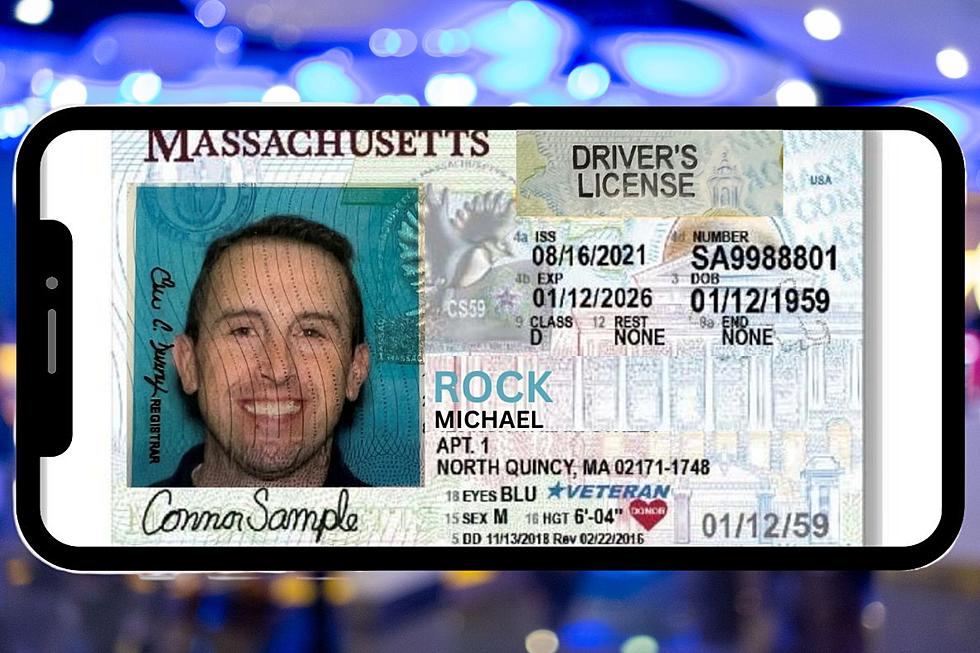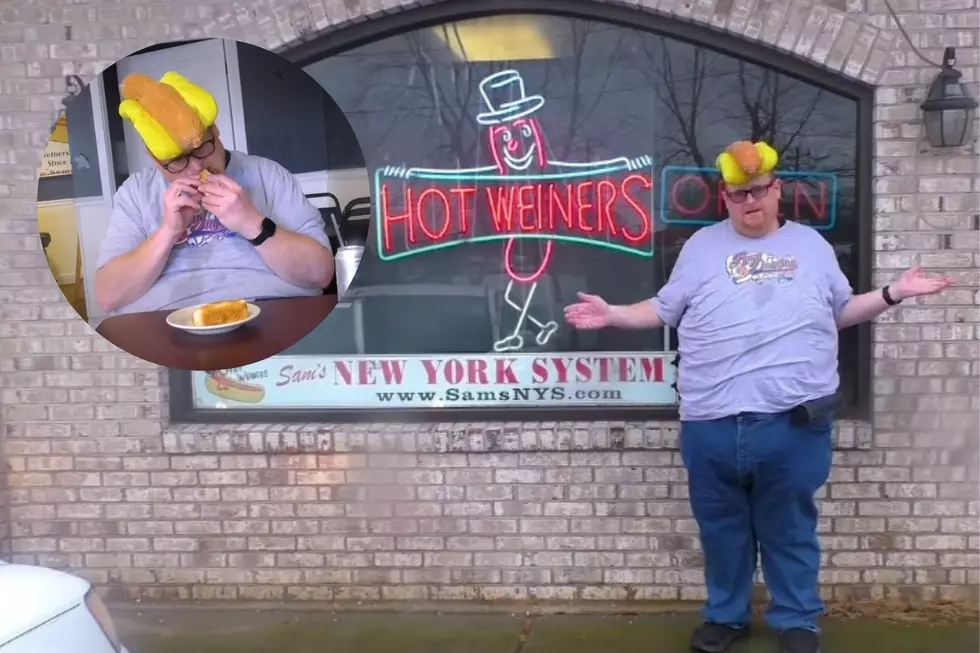
Massachusetts Has Initiative Petition But Not Rhode Island
Often when you complain about a state law you don't like, someone will say "run for office and change it." That seems a rather drastic step, particularly if you already have a job and are not looking for a career change.
Perhaps you want to propose a new law or even a change to the Massachusetts Constitution. You can make that happen by convincing enough of your fellow citizens to support your ideas through the initiative petition process available to residents of Massachusetts.
A total of 26 states offer an initiative petition and/or veto referendum process.
Massachusetts voters will likely get a chance to vote in November on an initiative petition sought by citizens who would like to overturn a recent law that grants a Massachusetts driver's license to illegal immigrants.

In recent years, Massachusetts voters used the initiative petition process to decriminalize marijuana and repeal new gas tax legislation made law by the legislature.
The initiative petition is, by design, not an easy process. It requires a petitioner to collect the valid signatures of enough eligible voters to meet the standards for inclusion on the statewide ballot.
The wording of an initiative petition ballot question must be approved by the Secretary of State and the Attorney General before it can go before the voters.
The Commonwealth of Massachusetts has instructions for how the process works on its website, with rules you must follow along the way.
Not all states have the initiative petition process. In New England, only Massachusetts and Maine have an initiative petition process by which citizens can propose laws and constitutional amendments for approval by voters.
Rhode Island, Connecticut, New Hampshire, and Vermont are among the 24 states that do not have a procedure for an initiative petition.
Proponents of the initiative petition say it allows citizens to be more directly involved in governing their state. Opponents say the process allows citizens to do the work their elected legislators should be doing.
If you are willing to do the work, you too can change a Massachusetts law you might not like.
LOOK: What major laws were passed the year you were born?
LOOK: 100 years of American military history
More From WFHN-FM/FUN 107









